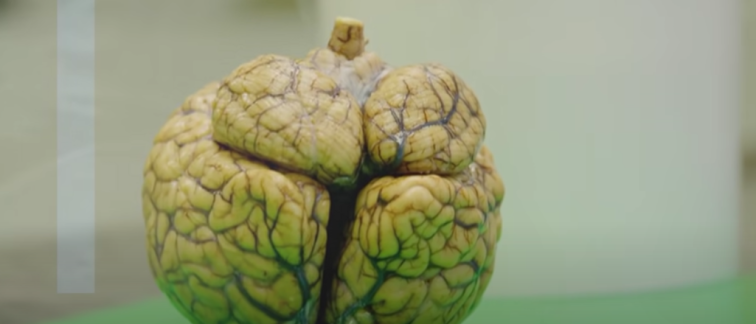The disease mechanisms are slowly being resolved, clinicians and researchers are only beginning to understand the pathophysiology of COVID-19. The research by Van der Valk and colleagues is based on autopsies carried out on deceased patients suffering SARS-CoV-2. They found that the disrupted immune system of critically ill COVID-19 patients causes damage to all organs, and most notably, the brain. In their study, the virus itself was not found in the brain, but the researchers did find evidence that the immune system of the patients had attacked certain proteins in the brain while fighting SARS-CoV-2.
“We could see that immune cells of the innate non-specific immune system in particular were seriously disrupted,” said researcher Marianna Bugiani. “Those immune cells that would normally have done their job after a few days, remain highly active in patients and caused damage to the brain. The fact that the immune system reacts so strongly shows that it makes sense to give drugs that suppress the immune response to COVID-19 patients,” Bugiani adds.
Watch the Nieuwsuur fragment (in Dutch). Or read the article by Bernadette Schurink et al.: Viral presence and immunopathology in patients with lethal COVID-19: a prospective autopsy cohort study.

